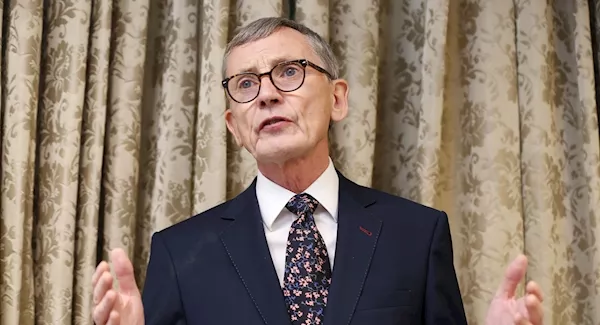Campaigner and Kilkenny native Vicky Phelan says lessons do not appear to have been learned in the way risks are managed in relation to cervical screening.
She has made her first comments on the latest controversies to hit the service and says we need to take women's health more seriously.
In a series of tweets, Vicky Phelan says she had hoped to take the summer off but felt she could not remain silent in the wake of the latest controversies to hit CervicalCheck.
"I had hoped to take the summer off to spend it with my family as I spent a lot of last summer campaigning following my court case," she said.
I am acutely aware that this could be my last summer. Treatment is going well but you never know with this disease.
Ms Phelan went on to say that while she remained silent on the first report "of the result letters fiasco" last month, she could no longer remain quiet following the MacCraith Report and the subsequent fallout.
After digest the reports, Ms Phelan said that she found two overarching themes - risk and women.
Referring to the report from Dr Gabriel Scally, Ms Phelan said that it highlighted "a key weakness in the governance structures" in the HSE in regard to CervicalCheck and the National Screening Service (NSS) and how risks are identified, communicated and managed.
Dr Scally recommended "substantial revision" to the organisational approach to risk management and its reporting.

"Lessons do not appear to have been learned and we find ourselves now with another report recommending that the HSE move quickly to ensure...an active culture of risk management'," said Ms Phelan.
She said it is required under the Incident Management Framework that when a risk becomes a Category 1 serious incident, it should be reported on the "National Incident Management System (NIMS).
"There is no evidence that this was done," she said.
Referring to a 2017 report that noted a disconnect between the HSE and NSS chain of command, Ms Phelan said: "Could this 'disconnect' and the fact that CC staff have been 'dealing with rolling crises' during the period of the MacCraith review have contributed to the failures of CervicalCheck to deal with this latest crisis?"
While Ms Phelan welcomed the announcement by HSE CEO Paul Reid that there would be a swift implementation of the MacCraith Report's recommendations, she called for a review into the failures to prevent a it happening again.
Whatever is going on, women have been failed again.
She said that Health Minister Simon Harris must ensure that a 'women first' approach be taken within the health system.
"We need to take women's health more seriously. Dr Scally demanded that 'more and different attention needs to be paid to women's health issues'.
"It is simply not enough to pay lip service to women's health.
"We have had enough."






